Four Characteristics of Basic Education | Class-11 |
In this title You will get to know about :
- Concept of Basic Education.
- Characteristics of Basic Education.
- Merit and Demerits of Basic Education.
- Main Principles of Basic Education.
Concept of Basic Education.
1. What is basic education ?
Ans: Basic education is an epoch making phenomenon in the history of our primary education which was refers to practical plan of education to make all round development of the body, mind, and spirit through ‘Ahisma’ or ‘Non violence’. Here, The word ‘Basic’ is derived from the word ‘Base’ which means ‘foundation’.
2. Who was the father of the nation ?
Ans: Mahatma Gandhi.
3. Who was Mahatma Gandhi ?
Ans: Mahatma Gandhi was a political leader, social reformer and an educationist too.
4. In which year did Gandhiji forwarded his Wardha Scheme ?
Ans: In the year 1935.
5. The concept of ‘Basic Education’ was developed by Mahatma Gandhiji on the basis of publishing the newspaper __________ (Fill in the Blank).
Ans: Harijan.
6. In which year was Mahatma Gandhiji visited in South Africa ?
Ans: In the year of 1914.
7. In which year was Mahatma Gandhiji established Sabarmati Asram at Gujrat ?
Ans : In 1915.
8. Mahatma Gandhiji published the newspaper in the year of _________ with the title of Nai-Talim.
Ans: In 1937.
9. Nai-Talim is also known as __________ .
Ans: Basic Education.
10. Who was the chairman of Gandhiji’s Wardha Scheme of Educational conference in 1937 ?
Ans: Dr. Zakir Hussain.
Archives
Characteristics of Basic Education.
11. Write in brief on four main characteristics of Wardha Scheme of Basic Education.
Ans: The four main characteristics of Wardha Scheme of Basic Education are briefly mention below:
(i) Gandhiji’s Basic Education emphasises on self-supporting, self-dependent and productive oriented knowledge.
(ii) Handicraft is used as a means or medium of education.
(iii) It believes in the principles of flexibility and dynamism of its concept.
(iv) This education is based on the philosophy of pragmatism which believes in productivity and practicability of knowledge.
(v) It provide the potential for man’s self-employed.
Merit and Demerits of Basic Education.
12. Discuss the merits and demerits of Gandhiji’s Basic Education as a system of primary education.
Ans: The merits and demerits of Basic Education as a system of primary education are mentioned below:
Merits:
(i) Gandhiji’s Basic Education which is based on child centric education which helps in developing the creative potential of a growing child and developing the social traits of the child.
(ii) This system of education establishes a connecting between Indian tradition of life and the material needs of life of our present day society.
(iii) It established a close relation with the learner and his vocation for solving the problem of unemployment.
(iv) This system of education helps in making education purposive of life to prevent wastage of our primary education.
Demerits:
(i) It is not possible to give education in analytical detail on a subject only through craft as a medium of instruction.
(ii) Correlation of the subjects through craft may appear sometimes to be unusual and time consuming.
(iii) No provision was made for study of English language which is very important as a key to higher education at present.
(iv) Moral education is very important for the development of moral sentiments among children which was neglected in this system of education.
Main Principles of Basic Education.
13. Discuss the main principles of Basic Education.
Ans: The main principles of basic education are discussed in the following ways:
(i) Psychological Principles:
Basic education should aim at achieving harmonious development of his mind, body and soul through purely academic and theorical nature of instruction given in the traditional schools.
(ii) Social Principle:
Basic education should purify the heart and mind of the people to create a society free from all exploitation and aggression through craft education.
(iii) Economic Principle:
Basic education should create vocational efficiency in the child in order to prepare him to earn his living for solving unemployment problem.
(iv) Educative Principle:
Basic education should able to perceive the true implication of knowledge for his solution of the real and practical problem of life.
(v) Moral Principle:
Basic education should inculcate universal moral values in the child for achieving success in the field of education.

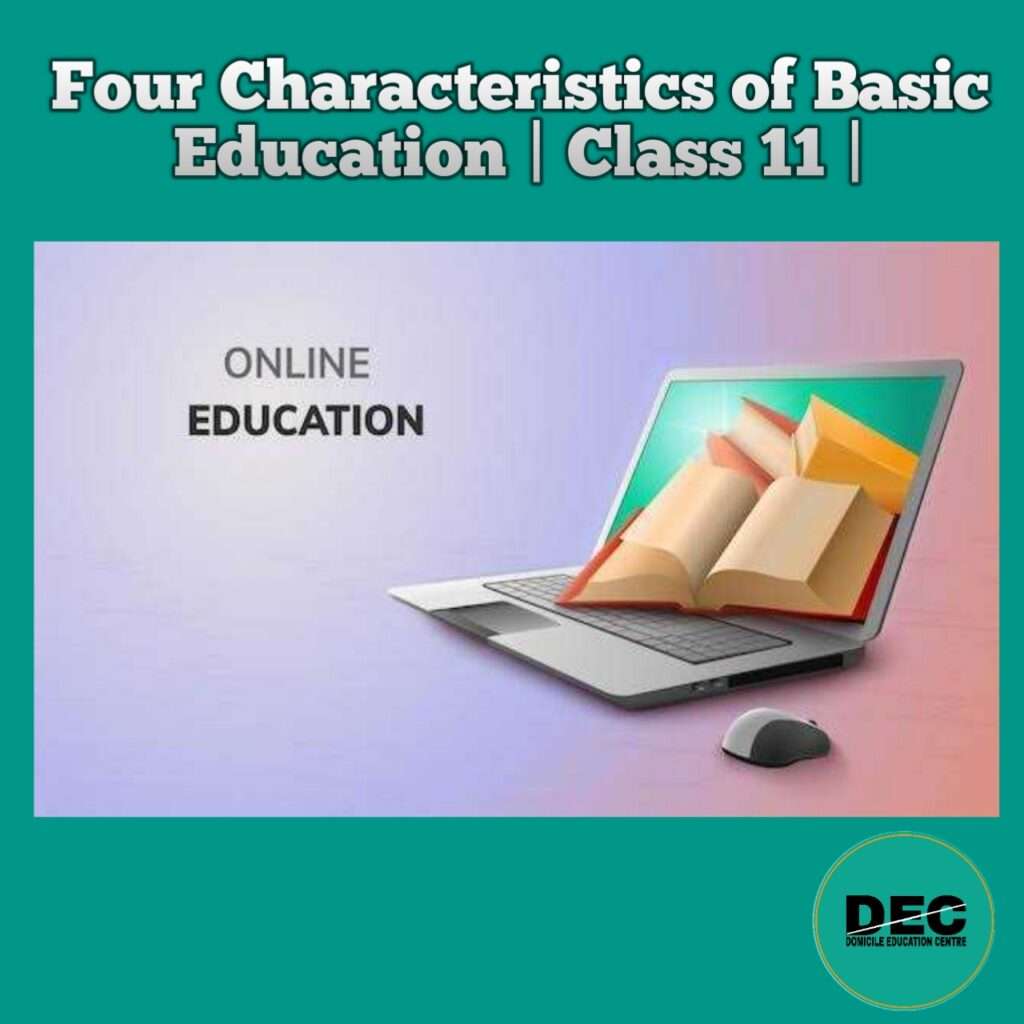
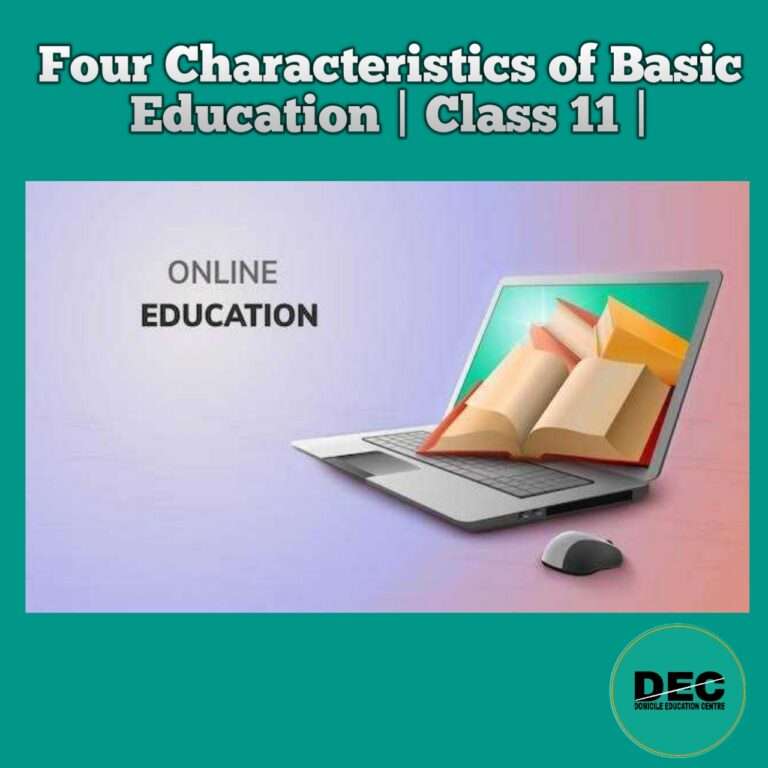


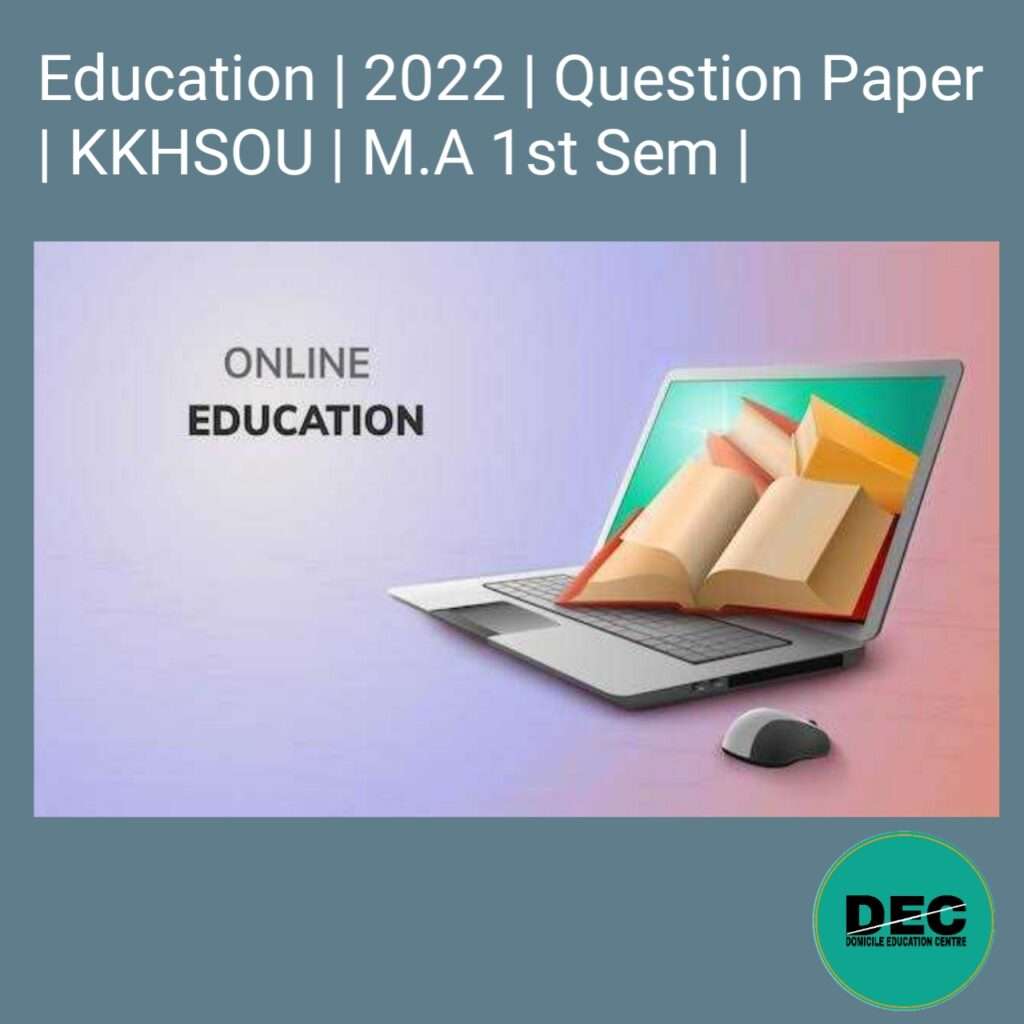
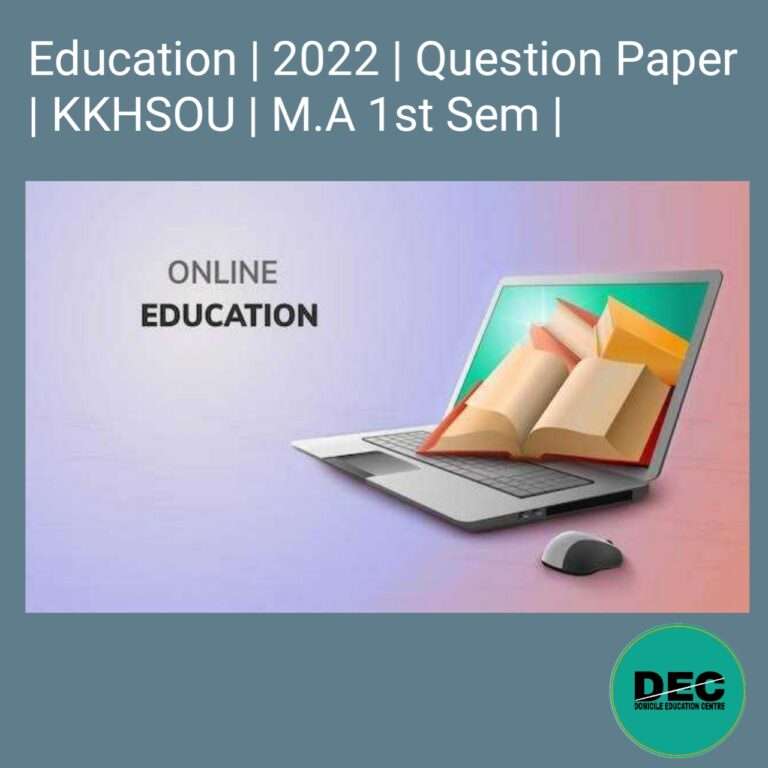
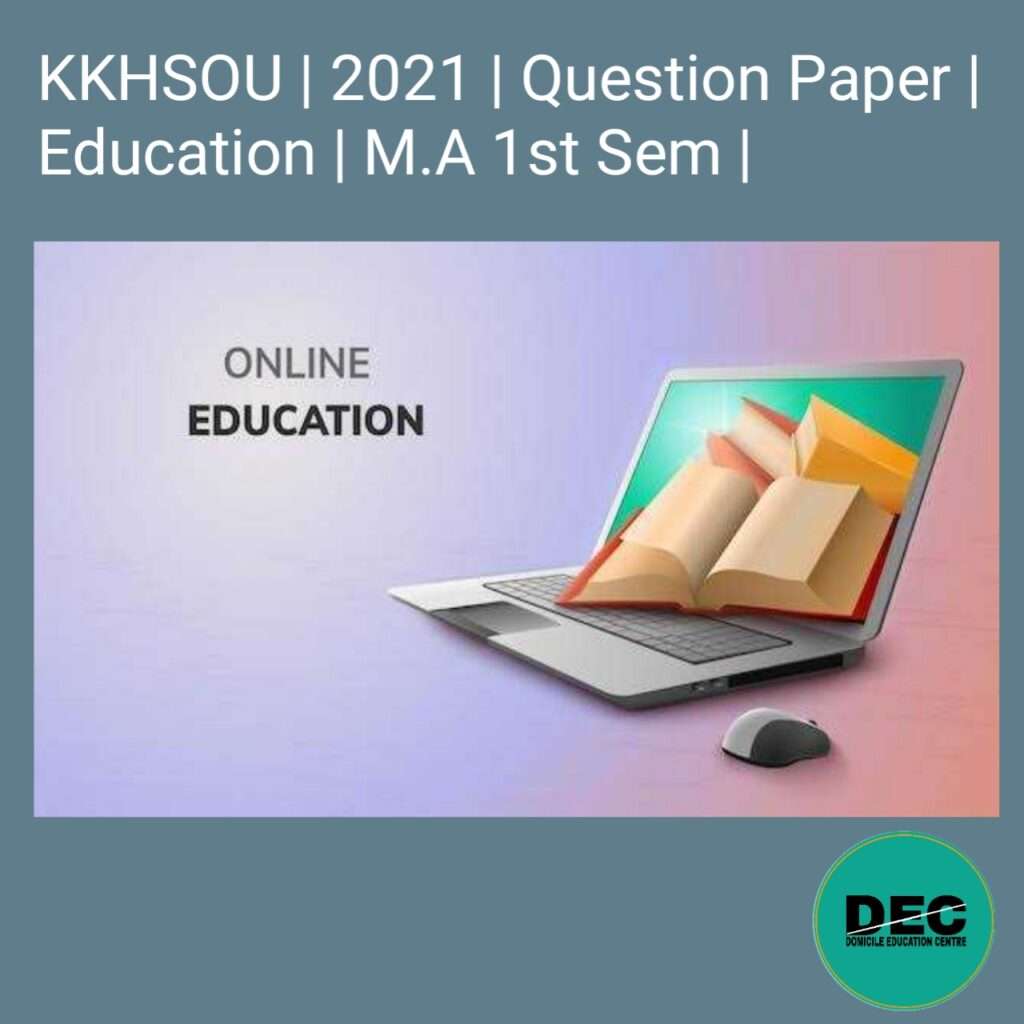
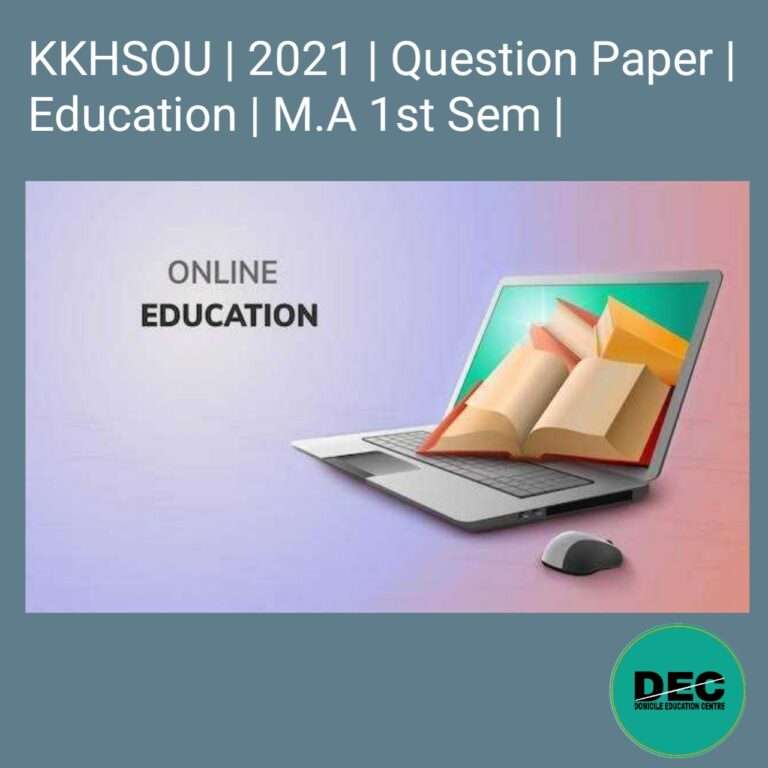
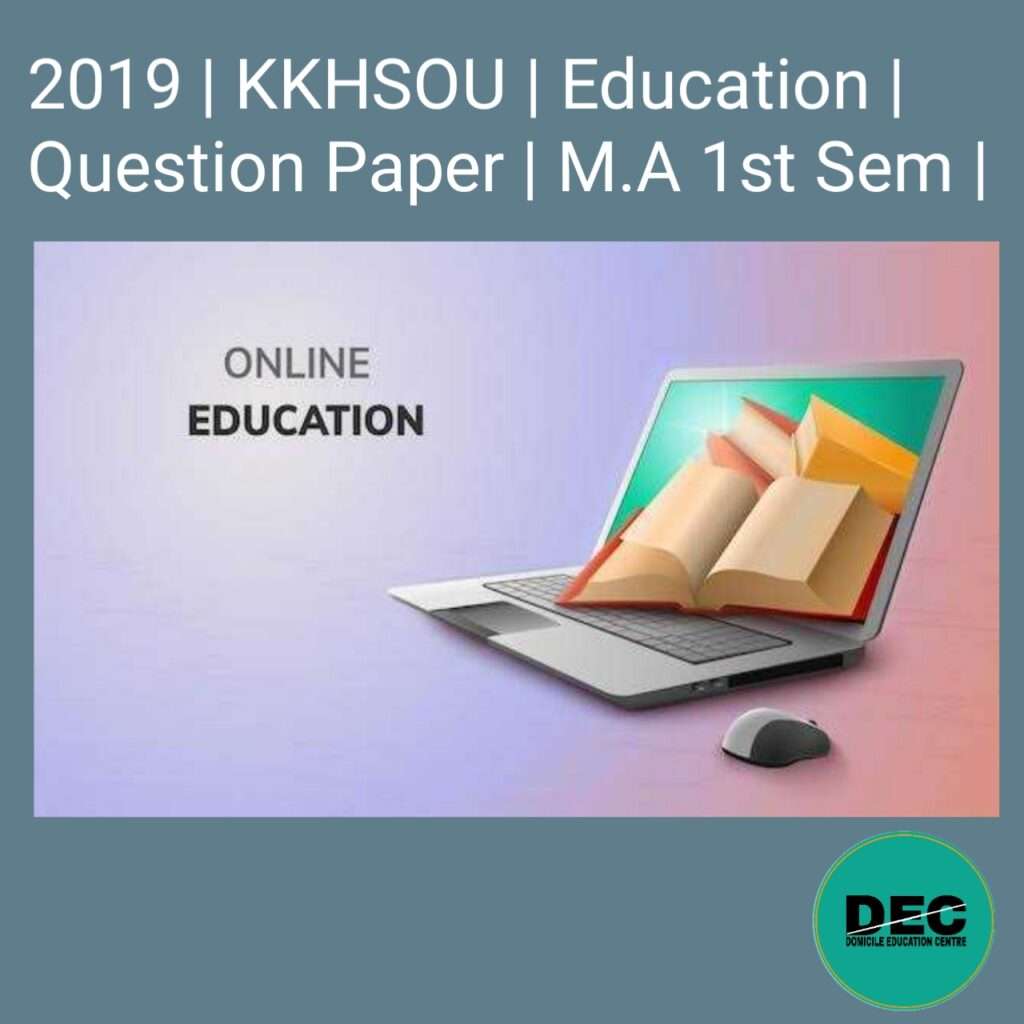
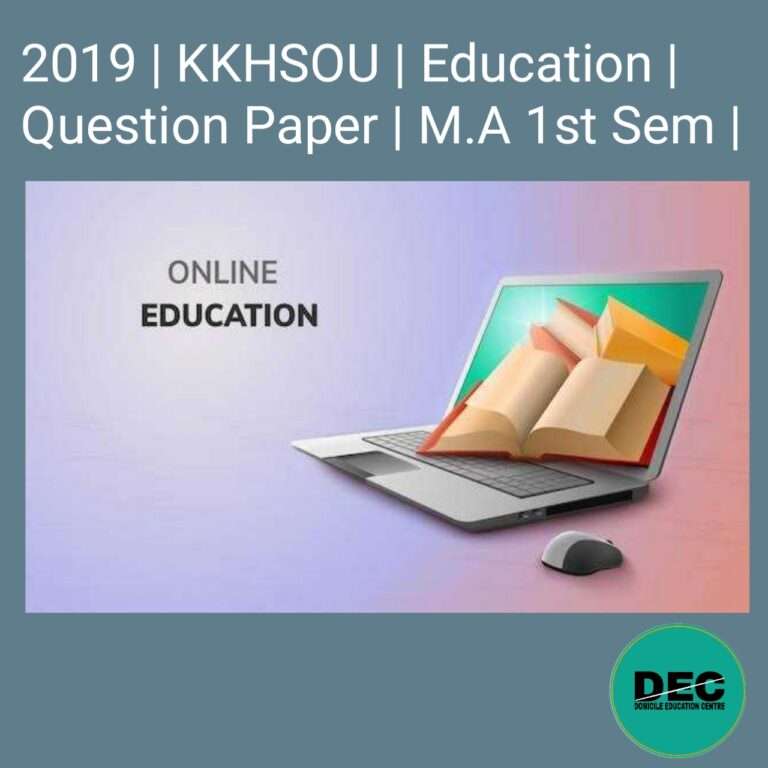
Recent Comments